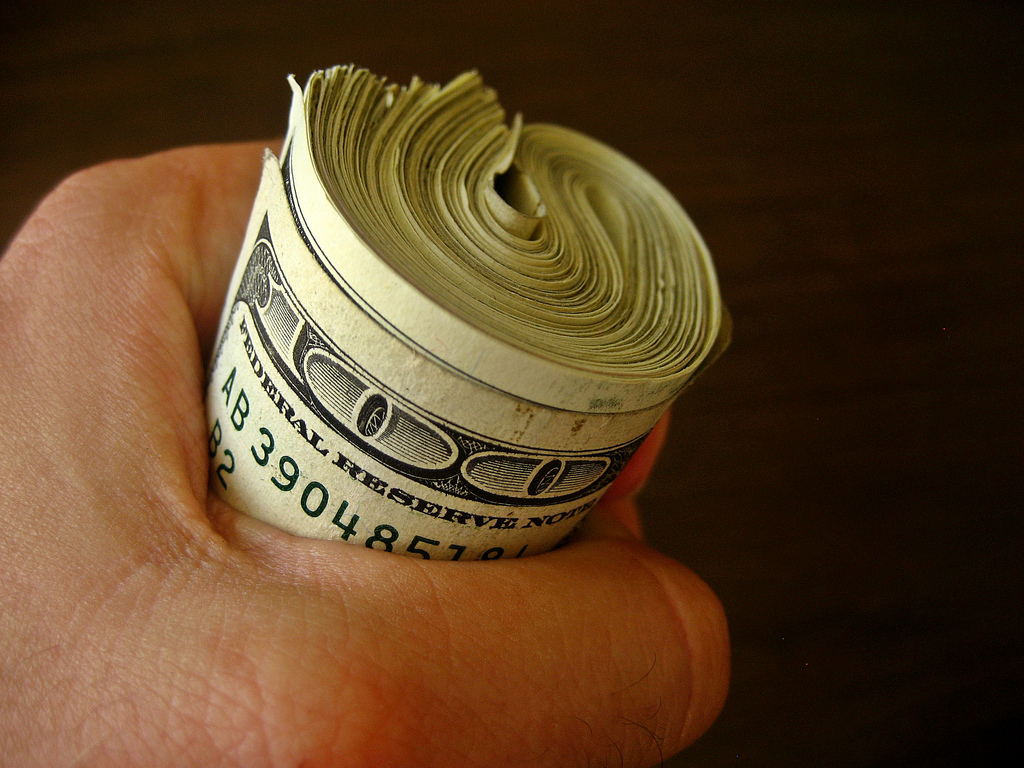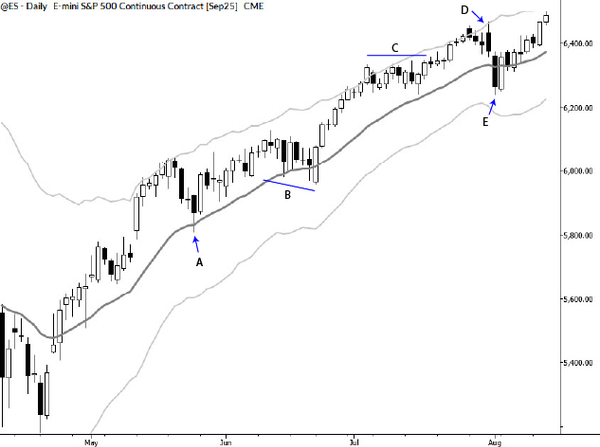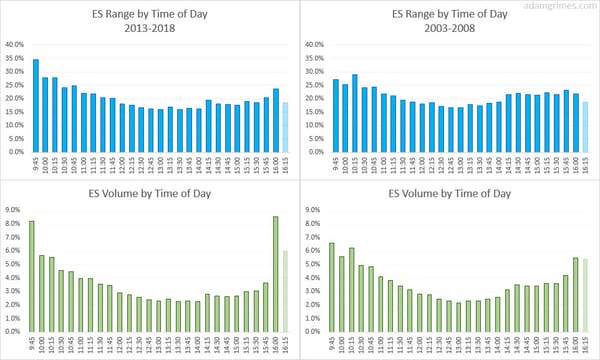Why should you be able to make money?
This is an obvious issue, but one that is often ignored. The argument of many academics is that you can’t make money trading; your best bet is to put your money in a diversified fund and reap the baseline drift compounded over many years. (For most investors, this is not a bad plan for at least a portion of their portfolios.) Even large, professionally managed funds have a very difficult time beating the market, so why should you be able to do so, sitting at home or in your office without any competitive or informational advantage? You are certainly not the best-capitalized player in the arena, and, in a field that attracts some of the best and brightest minds in the world, you are unlikely to be the smartest. You also will not win by sheer force of will and determination. Even if you work harder than nearly anyone else, a well-capitalized firm could hire 20 of you and that is what you are competing against. What room is there for the small, individual trader to make profits in the market?

The answer, I think, is simple but profound: you can make money because you are not playing the same game as these other players. One reason the very large funds have trouble beating the market is that they are so large that they are the market. Many of these firms are happy to scrape out a few incremental basis points on a relative basis, and they do so through a number of specialized strategies. This is probably not how you intend to trade. You probably cannot compete with large institutions on fundamental work. You probably cannot compete with HFTs and automated trading programs on speed, nor can you compete with the quant firms that hire armies of Ph.D.s to scour every conceivable relationship between markets. This is all true, but you also do not have the same restrictions that many of these firms do: you are not mandated to have any exposures at any time. If you are uncomfortable with the market environment, you can sit fully in cash for weeks at a time and no manager or investor is going to complain. In most markets, you will likely experience few, if any, liquidity or size issues; your orders will have a minimal (but still very real) impact on prices. Most small traders can be opportunistic. If you have the skills, you can move freely among currencies, equities, futures, and options, using outright or spread strategies as appropriate. Few institutional investors enjoy these freedoms. Last, and perhaps most significantly, you are free to target a time frame that is not interesting to many institutions and not accessible to some.
One solution is to focus on the three-day to two-week swings, as many swing traders do. First, this steps up out of the noise created by the HFTs and algos. Why compete with a machine on its own terms? Similarly, many of the largest and best-capitalized funds actually cannot participate in this time frame because their position sizes are too large. They may enter and exit positions over multiple weeks; your profits and losses over a few days are inconsequential to them. Rather than compete directly, play a different game. As Sun Tzu wrote in the Art of War: “Tactics are like unto water; for water in its natural state runs away from high places and hastens downward … avoid what is strong and strike at what is weak.”
(From the first chapter of my book, The Art & Science of Technical Analysis

)



